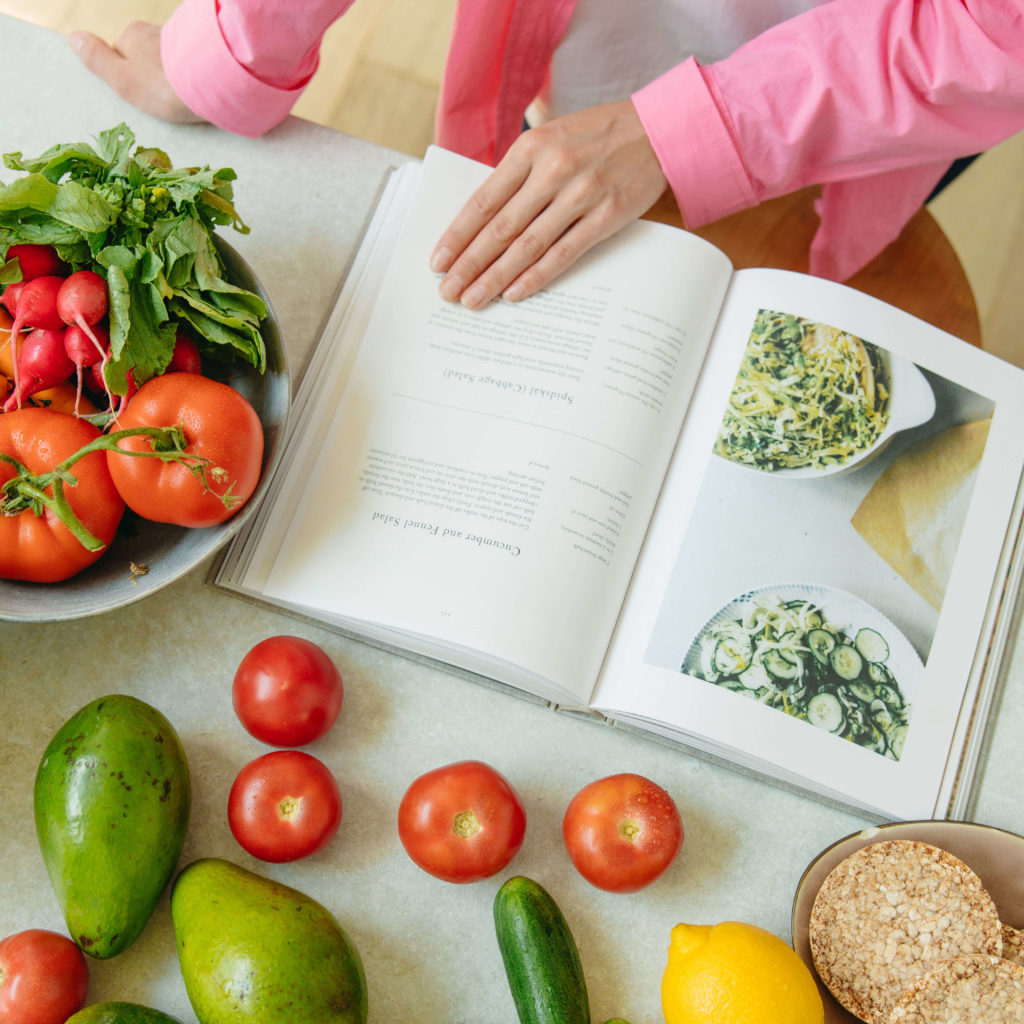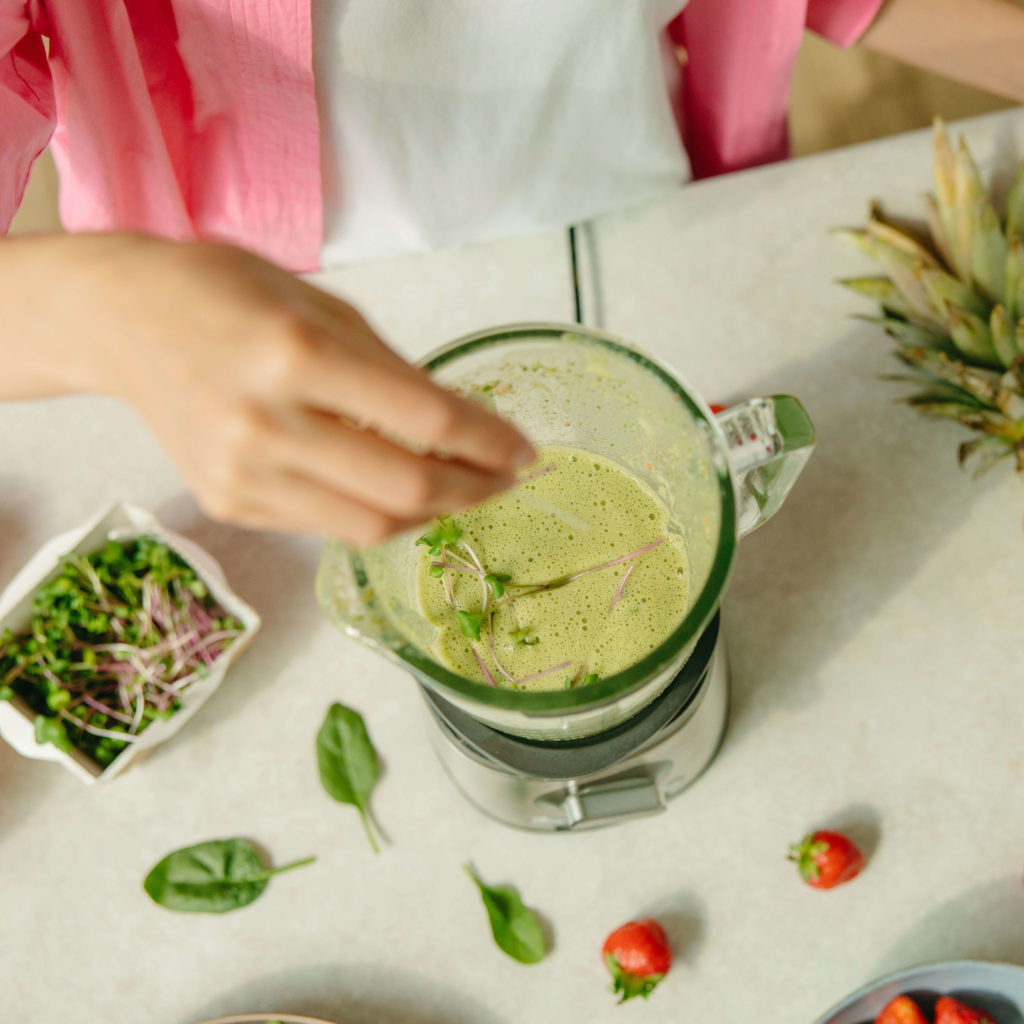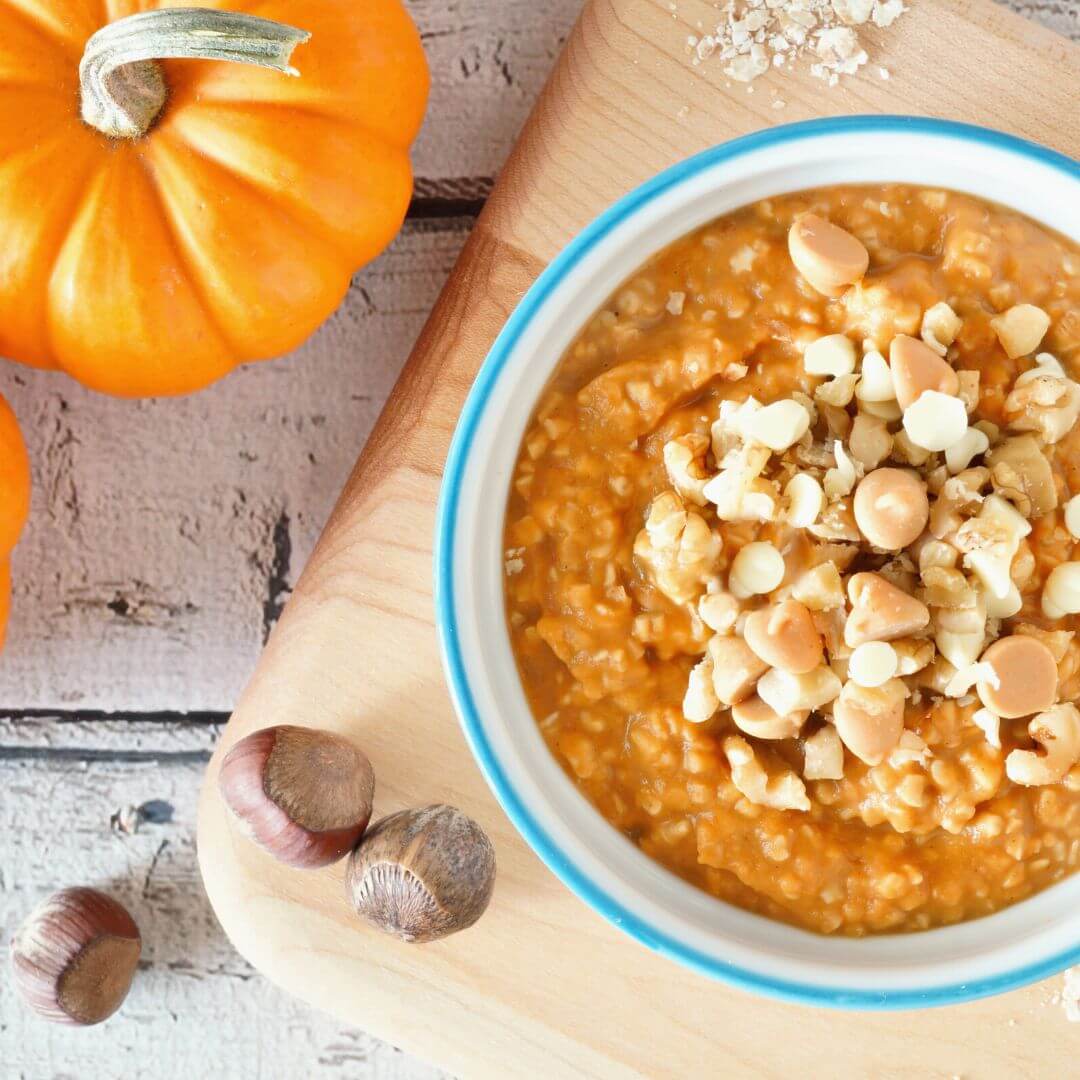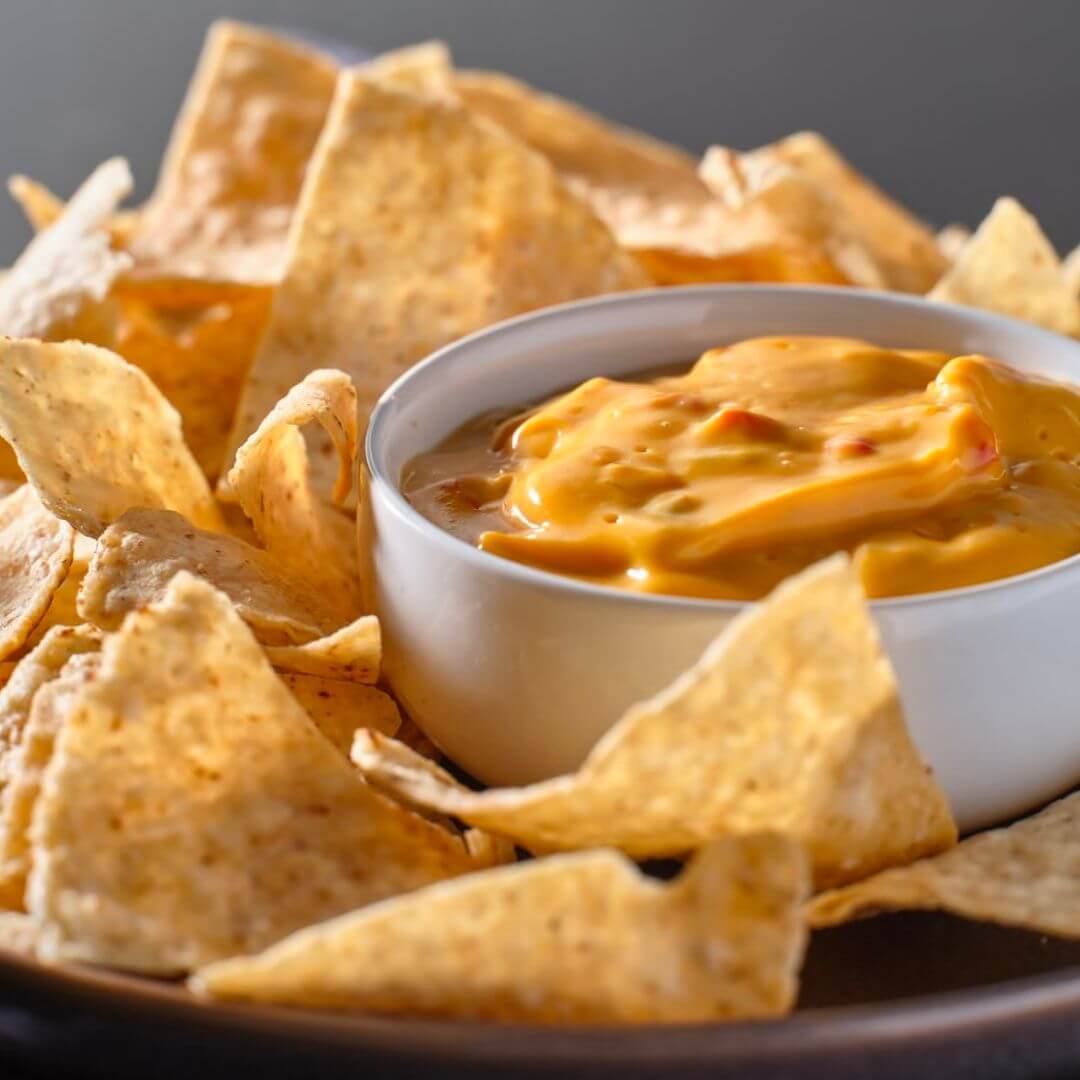This website uses cookies so that we can provide you with the best user experience possible. Cookie information is stored in your browser and performs functions such as recognising you when you return to our website and helping our team to understand which sections of the website you find most interesting and useful.
mindset
podcast
plant-based tips
meal prepping
meal planning
listen now
Plant-based inspiration and wisdom for your nutrition journey
Plant Centered &
Thriving Podcast
Tune in!
learn more
My motto? Take it step by step. Everyone’s on a different journey, and nutrition never looks exactly the same for any two people. To build sustainable, healthful eating habits, I believe in a personalised approach that gets to the root of your unique needs and goals.
Your Registered Dietitian Nutritionist & plant-based eating advocate
hey! I'm Ashley Kitchens
It’s no secret that what we eat can have a major impact on our health. Eating a balanced diet full of nutritious foods helps to keep us energized, maintain a healthy weight, and improve overall well-being.
When it comes to nutrition, being aware of what you’re putting into your body is key. Eating the right kinds of food gives your body the vital nutrients it needs to stay healthy and perform at its best. What’s more, a nutritious diet can help protect you from chronic diseases such as heart disease, diabetes, and obesity. So if you’re looking for ways to boost your health and well-being, nutrition is an excellent place to start.
Creating a balanced diet with plenty of nutrient-rich foods is the best way to ensure your body gets everything it needs, but you don’t have to be a nutrition expert to get started. Making small, achievable changes can help you create a healthy and varied eating plan that’s full of delicious food. With a bit of effort, you can make sure that what goes into your body is as healthy and nutritious as possible!
Here are the most common things I recommend to clients, friends, and family members when you’re trying to prioritize your nutrition.

1. Choose foods that incorporate your taste buds and your health.
It’s important to choose foods that involve both taste and nutrition, not just one or the other. Eating nutrient-dense foods doesn’t mean sacrificing flavor. But eating just for taste, without keeping nutrition in mind, can damage your health in the long run.
Choosing foods that involve taste and nutrition is an important part of leading a healthy lifestyle. It means selecting delicious, nutrient-rich foods full of vitamins, minerals, and other essential nutrients. This type of eating helps to boost your energy levels while providing your body with the right ingredients to support good health.
When you include both taste and nutrition in your diet, you can enjoy a delicious meal while still getting the essential vitamins and minerals your body needs for optimal health. When you focus on eating nutritious foods that taste great, you’re more likely to stick to a healthful way of eating long-term.
By taking the time to find tasty yet nutritious options, you can make sure your meals are both enjoyable and beneficial for your health. And again, it takes time. It takes time for your taste buds to adjust. It takes time for you to find those foods that fit both categories.
It doesn’t have to be difficult or boring either! There are plenty of delicious and nutritious meals to choose from. All it takes is a bit of creativity and planning to make sure you’re getting the best of both worlds. So don’t sacrifice taste or nutrition – enjoy them both and fuel your body with delicious yet nutritious meals!
2. Keep it simple.
When it comes to preparing healthy meals, less is usually more. Keeping it simple helps you focus on the basics of what makes a meal nutritious. This means emphasizing fresh ingredients, minimally processed foods, and incorporating as many colors into your dish as possible.
Keeping your meal preparation simple can help ensure that you are getting the most nutrition out of every bite. When healthy meals become overly complicated, it can deter you from prioritizing your nutrition because it’s overwhelming or requires too much time.
Additionally, creating simple meals will reduce time spent in the kitchen and make it easier to incorporate healthy meals into your everyday routine. So don’t overcomplicate things – keep it simple! You’ll be glad you did.
3. Eat a hearty and healthful breakfast.
Starting your day with a nutrient-rich, hearty breakfast (the first meal that breaks your overnight fast) is one of the best things you can do for your body! Eating a nutritious breakfast provides your body with essential vitamins, minerals and energy to keep you going throughout the day.
It not only replenishes your stores from the night before but also helps to encourage you to maintain healthy eating habits for the rest of the day. Consuming a balanced breakfast also keeps your blood sugar levels stabilized and can help prevent hunger cravings later in the day.
Plus, eating a healthy breakfast every morning can help you focus and be more productive! So why not start your mornings off with a nutritious breakfast? Two of my favorite breakfasts are tofu scramble with vegetables like bell peppers, onions, and spinach and a loaded oatmeal bowl with fresh fruit, nuts, and seeds.
4. Plan ahead before grocery shopping.
Meal planning is a great way to ensure that you have nutritious foods on hand when you need them. If you’re wanting to prioritize nutrition more, it’s also an excellent way to ensure you’re eating foods that fuel your body and make you feel good.
Meal planning helps you make the most of your time and money, as well as reduce stress around what to cook for dinner. It also allows you to create a balanced plan for the week that includes a variety of nutritious foods. You can plan out meals that are rich in vitamins and minerals, as well as make sure that you’re getting enough calories to fuel your active lifestyle.
With careful planning, it’s easy to create delicious meals that will leave you feeling satisfied and energized for the day ahead!

5. Incorporate healthy snacks into your day.
Having healthy snacks on hand is a great way to fuel up throughout the day! To make it easier, try prepping your snacks ahead of time or buying pre-made snacks that involve both your taste and nutrition. This is a great way to ward off hunger between meals while adding variety to your diet.
When you have an array of nourishing snacks ready to go in the fridge or pantry, it’s easy to grab something nutritious without having to think too hard. Plus, you can mix and match them so they never get boring!
6. Take personal responsibility.
This tends to be the toughest one of them all. Everyone’s circumstance is different so for some, this is a challenge to work through and for others and may feel nearly impossible.
Personal responsibility is more than just being accountable for your own actions. It’s a mindset that encourages you to look at how your decisions and behaviors affect you, both short-term and long-term. It involves being mindful of the consequences of making choices that are not in line with what you believe to be best for you.
Taking personal responsibility means taking ownership of your life and doing the work necessary to achieve your goals and make positive changes. It involves being mindful of the effect that your actions have on those around you, and not just yourself. In essence, it’s about treating yourself and others with respect, integrity and kindness. And yes, nutrition is involved here too.
When you work toward taking responsibility for your own food choices, you can create eating habits that serve you best. And there is a privilege in being able to take personal responsibility for what you eat.
For those that can, it’s ultimately up to you to make healthy eating choices. After all, food is one of the most powerful tools we have for staying healthy and feeling great. Instead of blaming other people, take a look at what you can do to prioritize your nutrition and make healthy eating part of your routine.
When it comes to your health and well-being, prioritizing nutrition is key. Eating nutrient-rich foods can provide energy, promote good digestion, boost the immune system and keep you feeling great.
Taking steps to ensure that your body gets all the essential nutrients it needs is an important part of leading a healthy lifestyle. So make sure to add nutritious items like fresh fruits and vegetables, whole grains, beans, nuts, and seeds to your diet. Your body will thank you!
Leave a Reply Cancel reply
more to explore
more to explore
Get weekly guidance to support your plant-based journey while strengthening your relationship with food, including weekly plant-based recipe ideas, tips, encouragement and so much more.
Join our newsletter
want blog updates?
explore
Founded by registered dietitian Ashley Kitchens, Plant Centered Nutrition shares approachable, evidence-based insights to inspire a balanced, plant-forward lifestyle. Ashley partners with brands, podcasts, and publications to show that healthy eating doesn’t have to be complicated—it just has to feel good and fit your life.
making plant-based eating easy, joyful, and realistic.

























share
click to LEAVE A COMMENT